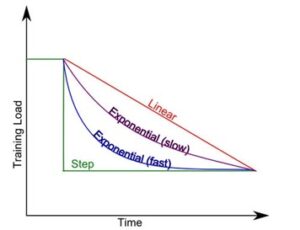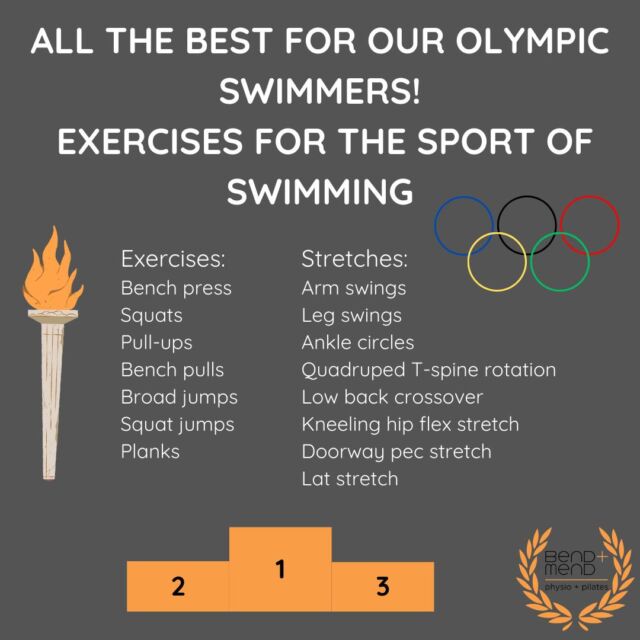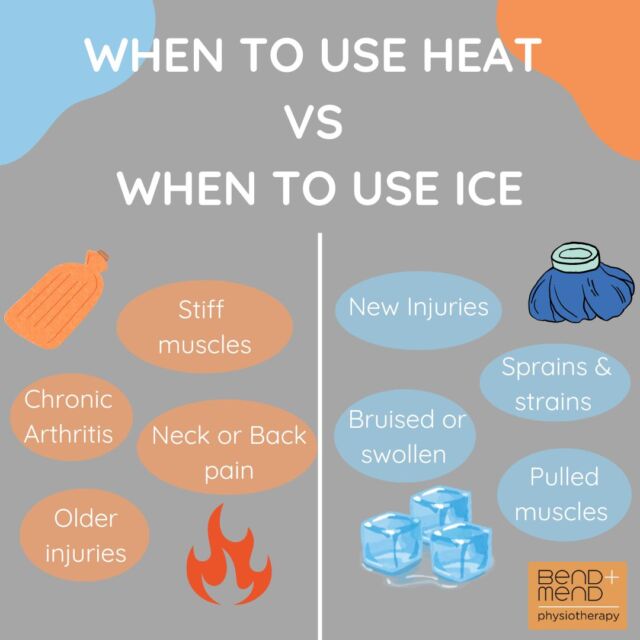If you have been preparing for a long-distance race with a training program, usually the last two or so weeks of training drastically reduce your training load. This is known as your taper period. For a lot runners, particularly if you’ve been training really hard, the thought of reducing your training can be a scary one. So today I’ll discuss the different types of tapering and whether it is actually beneficial on race day.
The two main types of tapering for a race are as follows:
This form of tapering involves a progressive decrease in training load over time. This requires to have enough time to drop your training load down but feels often like a more manageable method of tapering.
- Step Taper
In the clinic I find this the more common form of tapering. Often referenced in training programs, it is often a quicker method of slowing down but can sometimes feeling a bit sudden for some runners.
So, then it begs the question, which one is better? Well, I think it depends on your training program. If your training program has been rather ‘express’, then getting as many kilometres in as possible with a week of step taper at the end is probably best. If you have had a good long training program no interruptions, then a progressive taper is better. From a research point of view a progressive taper is more beneficial to performance then step taper.
Make sure your taper covers both training volume and training frequency. Training volume can be reduced by around 50-70% while still helping the runner maintain or even in some cases slightly improve training induced adaptations. Whereas for training frequency, a decrease should be no more than 20%. The evidence suggests that training intensity should be similar during your taper as in your normal training program.
An effective running and strength training will be far more important in regards to injury prevention and race performance, however a good effective taper can really help in getting your across that finish line on race day!
Reference:








